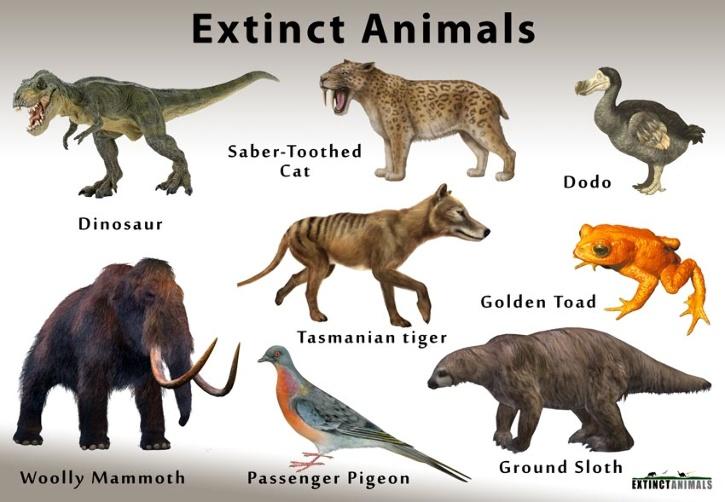Plants are more vulnerable to extinction than animals 40 of known species today are in danger of extinction according to scientists that will affect our prospects for new food sources and medicines in the future

Plants are More Vulnerable to Extinction than Animals

According to scientists, plants are facing a critical threat of extinction, surpassing that of animals. With approximately 40% of known plant species in danger, the consequences could be far-reaching for our future food sources and the development of life-saving medicines.
This alarming statistic comes from a report published by the Royal Botanic Gardens, Kew, in partnership with the Natural History Museum. Their extensive study highlights the plant kingdom’s vulnerability and the urgent need for conservation efforts to prevent irreversible loss.

Plants play a vital role in supporting life on Earth. They are the foundation of food chains, providing nourishment for animals, including humans. Additionally, plants offer crucial ecosystem services, such as oxygen production, carbon sequestration, and soil fertility. Moreover, countless plant species are the source of medications used to treat various diseases and illnesses.
However, human activities, including deforestation, habitat loss, climate change, and unsustainable agriculture practices, are pushing plants to the brink of extinction. These factors, coupled with the illegal trade of plant specimens, have accelerated the decline of plant populations worldwide.
The effects of plant extinctions will be felt globally. Loss of plant diversity could disrupt ecosystems, leading to imbalances in other species populations and reducing their ability to adapt to changing environmental conditions. Moreover, it may trigger a cascade of negative effects on human well-being, including food security and the availability of pharmaceutical resources.
To address this imminent crisis, scientists and conservationists emphasize the importance of identifying and protecting areas rich in plant diversity, as well as implementing strict measures to combat illegal trade. Furthermore, promoting sustainable land use practices and reducing carbon emissions are crucial in mitigating the impact of climate change on plant species.
In conclusion, the current state of plant extinction poses a significant threat to our planet and its inhabitants. The alarming fact that 40% of known plant species are at risk demands immediate action. Preserving plant diversity not only ensures the balance and resilience of ecosystems but also safeguards our future food sources and the discovery of new medicines. It is our responsibility to act as stewards of nature and work towards a sustainable future where plants thrive alongside other forms of life.
Source: NHM - Two in Five Plants Are Threatened with Extinction
Related Posts
Quick Links
Legal Stuff

